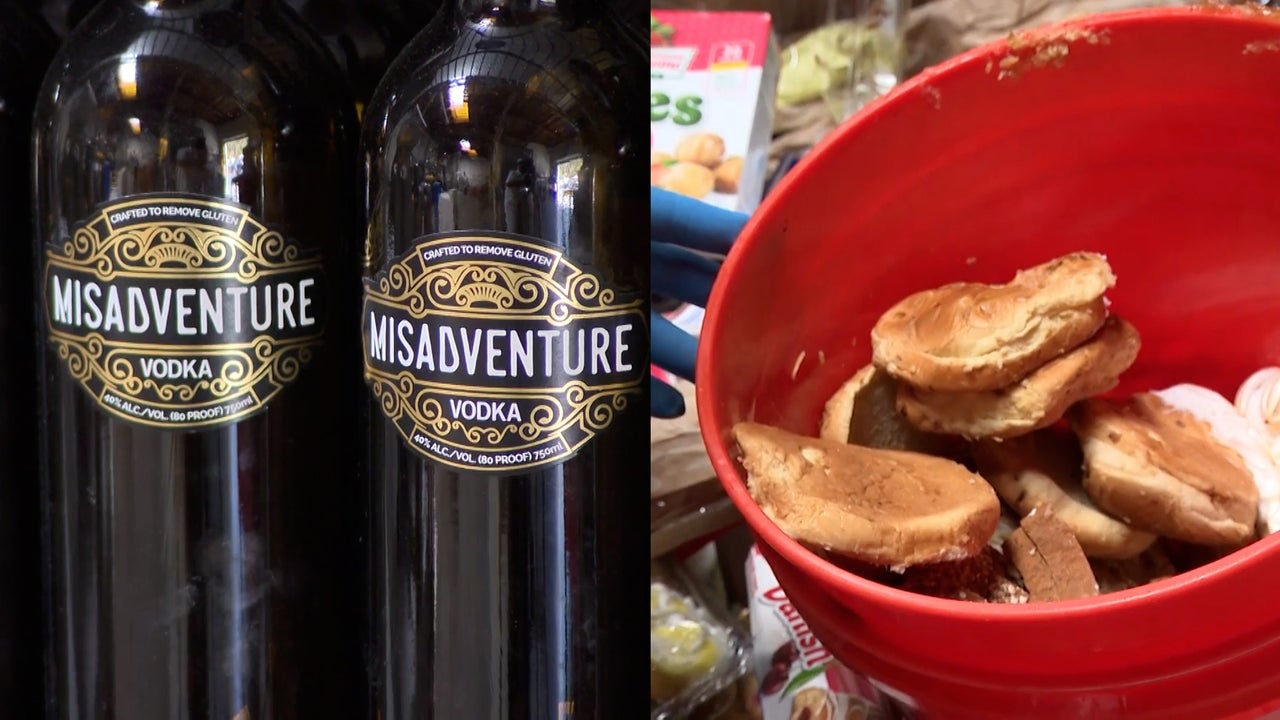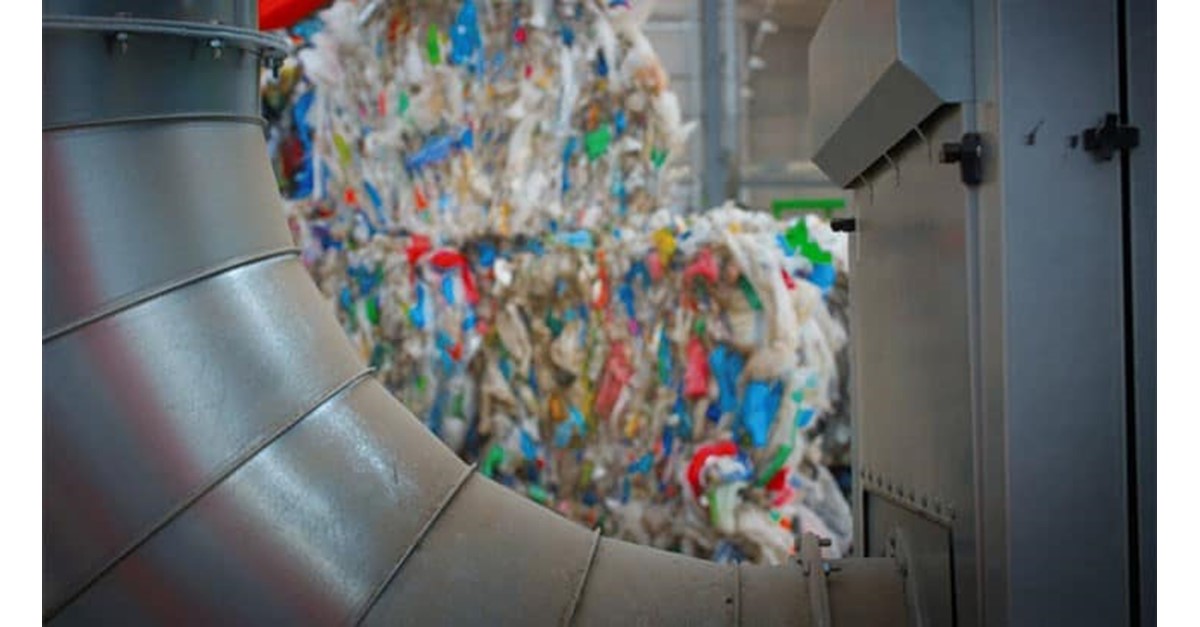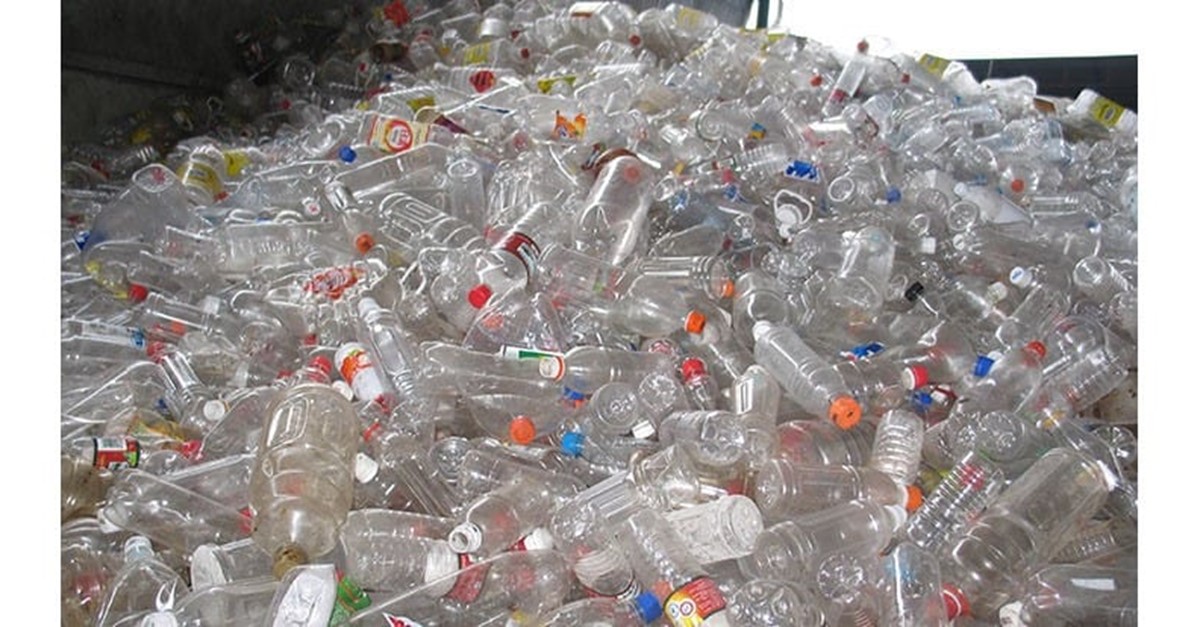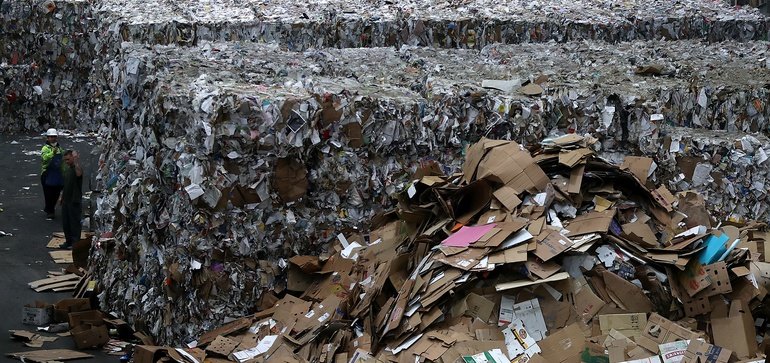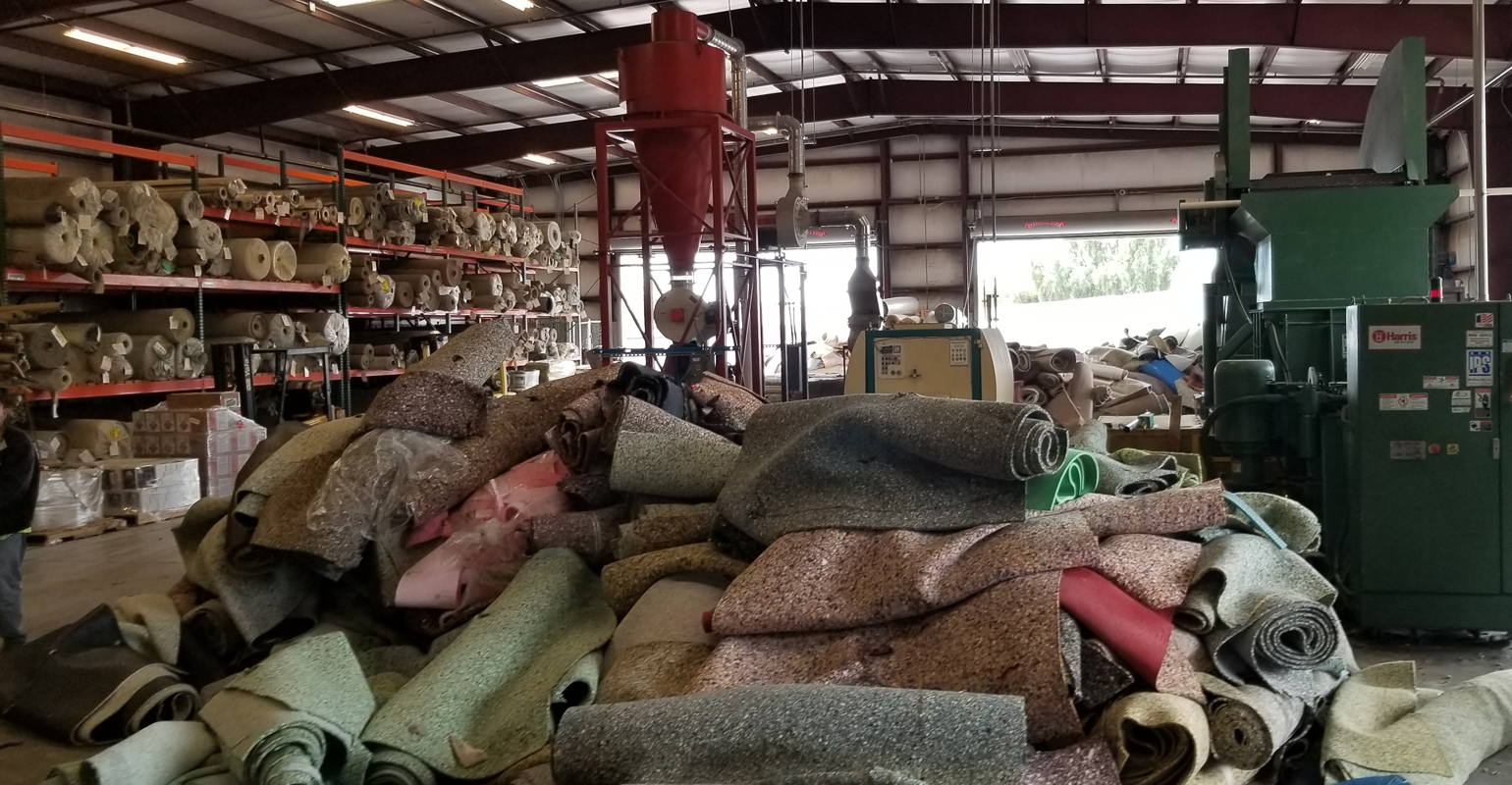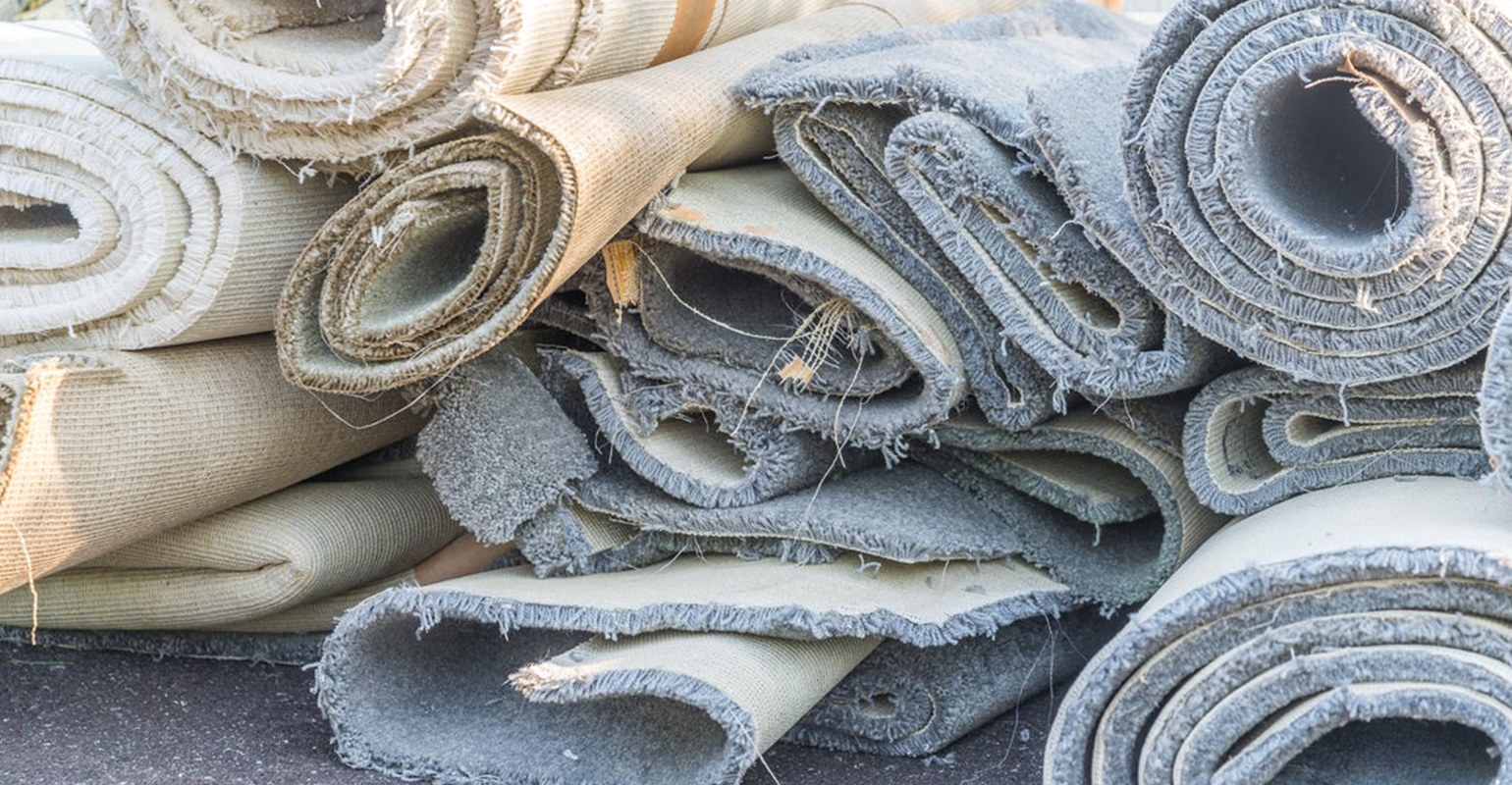California Distillery Helps Reduce Food Waste by Creating Vodka Using Expired Bread | Inside Edition
The San Diego-based distillery gets expired bread and sweets from a food bank. These foods can’t be served to people because most are past their “use-by” date. Source: California Distillery Helps Reduce Food Waste by Creating Vodka Using Expired Bread …

